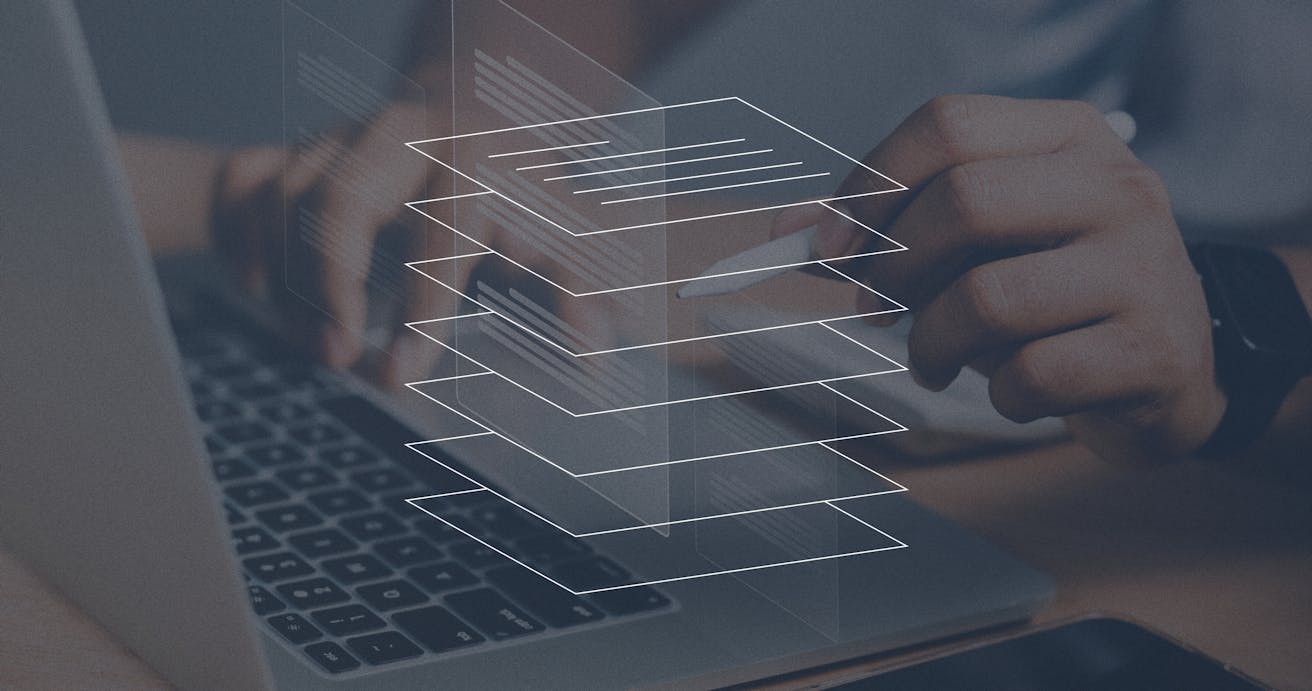
MLETR opening the door for electronic trade documents
Last year saw tremendous growth in commitments to digitise international trade document flows and to accept electronic bills of lading and other electronic trade documents as standard and legally valid documents.
A revolution has been simmering for a while, and with the additional heat from the COVID-19 pandemic things were brought to boil in 2022.
Various industries, international trade groups and even groups of nations, have started to actively recognize bottlenecks and hurdles that have until now delayed the digitalization in global trade. The primary emphasis, of course, is on the digitization of document flows, and everything else will follow.
Consolidated effort for maximum output
At the central stage of the revolution is the United Nations Commission on International Trade Law (UNCITRAL) and its Model Law on Electronic Transferable Records (MLETR), while the private sector is organising around the industry standardisation initiative of major shipping line operators under Digital Container Shipping Association (DCSA), which established the Future International Trade (FIT) alliance with several leading international organisations, including BIMCO, FIATA, ICC and SWIFT.
It is crucial to understand how countries and territories are approaching the implementation of the MLETR or compatible guidelines into their national legislation, and how international frameworks are forged.
Measuring digitalisation
To better follow the progress around the globe, the United Nations have started working on a unified methodology and a set of questionnaires to help measure progress in the field of electronic trade document adoption. The surveys will make it possible for the UN to obtain a global overview and ensure transparency, contributing towards a stable environment for economic operators and investment planners.
Activities and strategies
The International Chamber of Commerce (ICC) is putting a lot of effort in removing legal obstacles for global electronic trade documentation implementation. Their Legal Reform Board has set as their main goal for 2022 to obtain the commitment from 100 countries to digitalise trade documentation and adopt the MLETR concept. This is a giant step, especially compared to the goal of bringing 7 countries on board in 2021 – and it seems that they are getting there. (See details for each country below.)
The ratification of the UN ESCAP Paperless Trade Framework will move things even further. The framework has been ratified and implementation is already underway, – and alignment with MLETR and WTO/ICC digital interoperability standards is a major part of that. The framework supports digitalisation efforts in 54 countries, all of which are willing to provide technical support to co-members just starting on the path of digitalization.
Countries engaged in e-trade
Let us quickly look at the current state of affairs around the globe. In the year 2021 seven states implemented MLETR in their legislation: Bahrain, Belize, Kiribati, Papua New Guinea, Paraguay, Singapore, United Arab Emirates, and the Abu Dhabi Global Market free zone.
Additionally, as many as 86 countries are currently in early stages of the digitalisation process, because of the draft agreement of the World Trade Organization members on e-trade. It is expected – not assured! – that the agreement will be finalised at the 13th Ministerial Conference, the MC13 WTO in 2024. This already represents a major leap forward, confirming global progress in the field. This agreement is expected to be one of the drivers of global trade digitalisation.
The United Kingdom plans to soon join the group of countries adopting MLETR – the acceptance into law of their Electronic Trade Document Bill (ETDB) is planned for the first half of 2023. Germany, which hosted the G7 summit in 2022, and Japan, the hosts of the 2023 G7 summit, are expected to follow soon.
As approximately 80 percent of countries adhere to the Anglo-Saxon legal system, it is to be expected that many of these countries will be actively adopting MLETR as soon as UK leads the way.
The United States of America are running their own separate line of activities to update their trade legislation and the Uniform Commercial Code (UCC) into which electronic trade documentation concepts are being introduced.
On the other side of the globe China is also highly active has established a special working group, and is actively planning the next steps for digitalisation. Major reforms are expected in 2023 or 2024.
The European Union, on the other hand, is working on forging a pan-European solution, but expects to extend the EIDAS framework to include the trade documentation as the first step in the digitalisation of the whole region.
France is already developing the next steps within their Paris Europlace working group, and their reform is planned for 2023/2024. This is expected to expedite reforms in other francophonic countries – Senegal, Benin, Togo…
Thailand has already formed a working group and they are running pilot projects for interoperability with Singapore and Japan. Their experts have established high level collaboration with the UK.
Get more information
This is just a brief interim report on the status of electronic trade document adoption across the globe – a process that is increasing in pace and magnitude, promising fully paperless global trade within the shortest possible time-frame.
More amazing information and progress reporting is expected at the ICC International Trade & Prosperity week, to be held 17-20 October 2022 in virtual space. See here for registration details.
Source of some of the included information: ICC United Kingdom